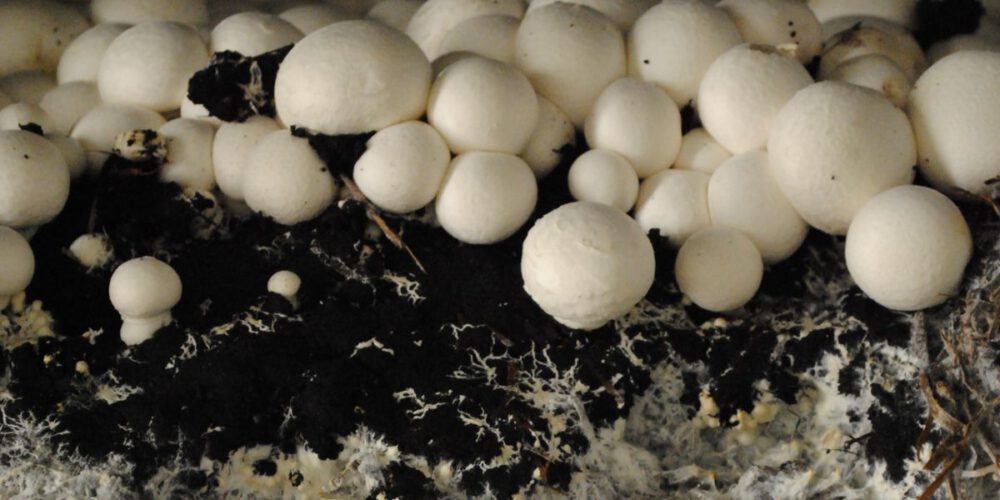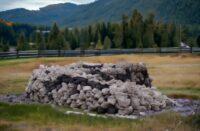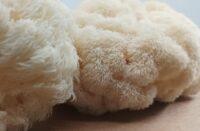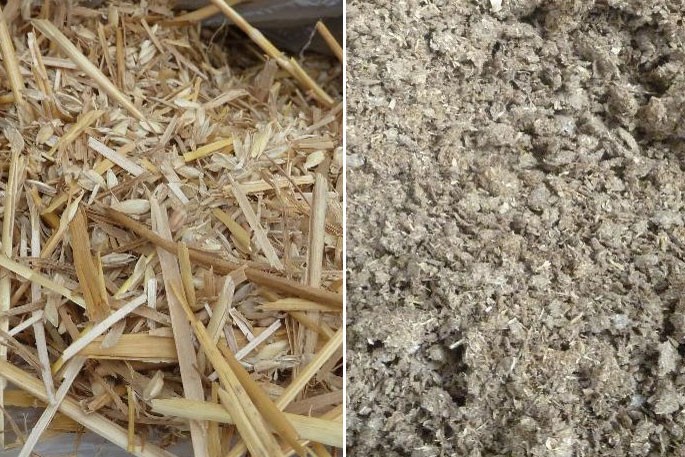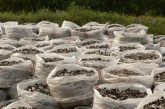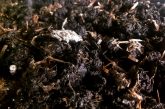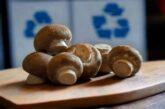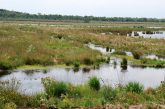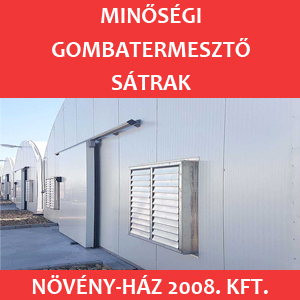It is known that the casing soil used to cover the compost in button mushroom cultivation contains peat. The Fraunhofer IKTS Institute for Materials Research in Dresden will complete its project in 2024, which aims to prove that it is possible to grow mushrooms without peat. The production of high quality peat-free casing soil is a huge step forward in the development of sustainable mushroom cultivation.
Ever increasing peat demand
The world’s mushroom production is increasing year on year, especially the amount of chilli mushrooms produced in the largest quantities. This of course means that the mushroom growing sector needs ever more peat and peat-free solutions.
In Europe, the total area of peat production sites is about 120,000 hectares, about half of which is used for the production of agricultural growing media. Mushroom growing accounts for only a small part of this. The remainder is used for energy purposes. Germany and Canada account for more than half of peat production for crop production. Other important peat producing countries are the Baltic States, Finland, Ireland and Sweden, but also Chile and Argentina.
The formation of peat is a very slow process. Peat is formed from plant wastes and fibres in a highly acidic, oxygen-free and low nutrient, aqueous medium. Even under ideal conditions, only 1-2 mm of peat is formed in the peatlands per year. It is mainly because of this long life cycle that researchers have recognised that draining peatlands at this rate is not sustainable.
The peat bogs are a priority area for environmental protection. They are very efficient at capturing and storing carbon dioxide in the air: they sequester nearly a quarter of the world’s CO2 emissions. Some researchers estimate that draining peatlands annually releases as much carbon dioxide as global aviation. The bogs are also habitats for many rare and protected species, but they are also important for flood protection, absorbing huge amounts of rainfall. Several countries have been restricting peat extraction for years, but the UK, for example, will ban the retail sale of peat from 2024.
There is no question that peat-free horticultural innovations that can solve this environmental problem are of global importance.
Germany has already taken a decision
In its climate protection programme, the German government has stipulated that the horticulture sector, including mushroom growing, must become a peat-free by 2030. This poses a major challenge for the entire agricultural sector, including mushroom growers. This is because high-yielding peat alternatives are currently scarce. Coconut fibre, green compost, waste paper or recycling the used peat products such as casing soil have not yet brought the desired success for mushroom growers.
Another important consideration is that even if peat substitutes can be found in large quantities, they should be cheap and locally available.
The MykoDeck project
In the MykoDeck project, the IKTS team, together with researchers from the Institut für Holztechnologie Dresden gGmbH (IHD) and LAV Technische Dienste GmbH & Co. KG compost specialists. The aim is to develop peat-free casing soil. The 3-year research programme will investigate the usability of different potential peat substitutes. Mixtures of materials with suitable properties will be created and production and processing technologies will be developed. Finally, the peat-free casing mixtures will be tested in real conditions on mushroom farms. A key aspect of the project is to ensure that the raw materials used are produced locally. So that the nutrients are used locally through circular processes. Resources are used more efficiently and carbon emissions are reduced.
Experiments use a wide range of ingredients as raw materials. For example, various green waste, hardwood chips, straw, coconut fibre, rice straw, corn stalks, recycled casing soil. After that the raw materials are then transformed, e.g. shredded to different sizes, homogenised, partially digested, composted and heated. In final cultivation trials are expected to involve 5 German mushroom farms.
Fraunhofer IKTS© – Straw before (left) and after treatment (right).
The cultivation trials will be followed by ecological and economic analyses. This analysis will answer the question whether peat-free casing soil can be used economically for mushroom cultivation. Production costs, target group, logistics costs and quality assurance issues will be investigated. If they succeed in developing high-yielding peat alternatives for mushroom production, they are already thinking about transferring the technologies to the whole plant production sector.
More information on the Fraunhofer IKTS website.


